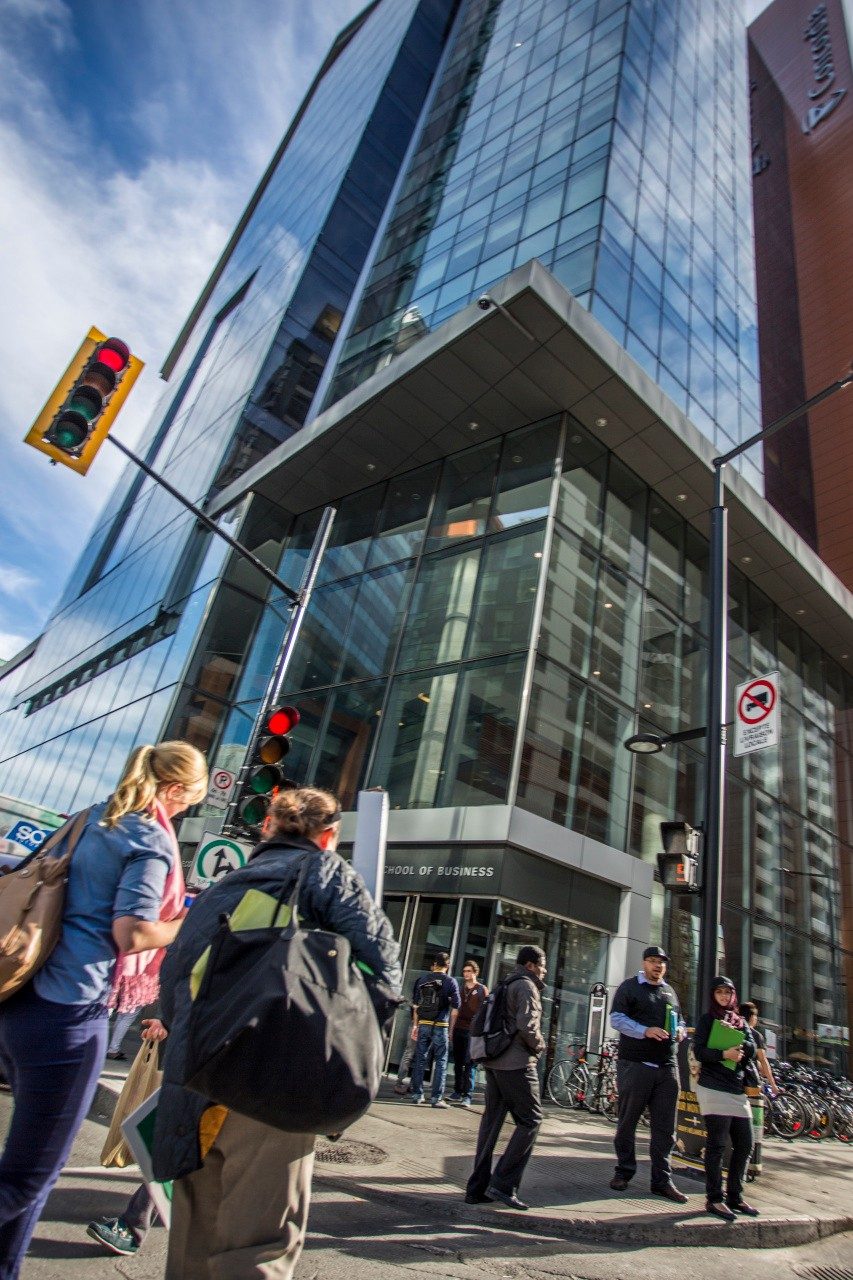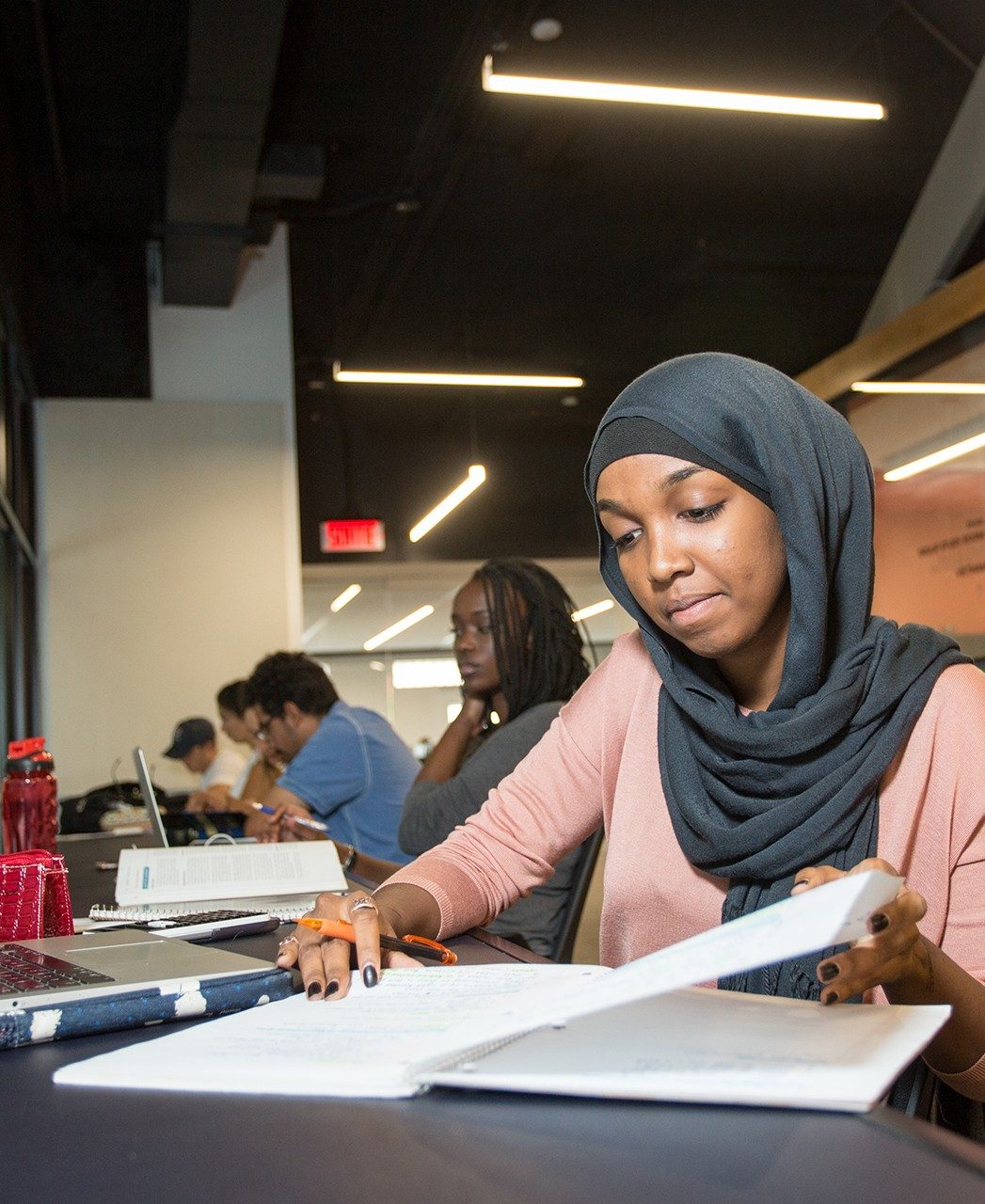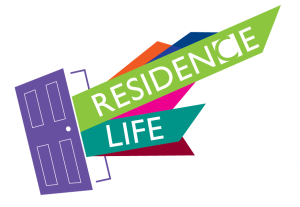Living on campus
Residence is a great way to make the most of your first year. Instant friends from around the world. Your meals taken care of. Proximity to class, the gym, the library. What could be better?

An amazing environment to call home
Our students live on the Loyola Campus and the Sir George Williams Campus in the heart of downtown Montreal.

Montreal:
Made for students
Officially the best student city in North America, with a low cost of living, a vibrant cultural scene and an open, inclusive environment.


